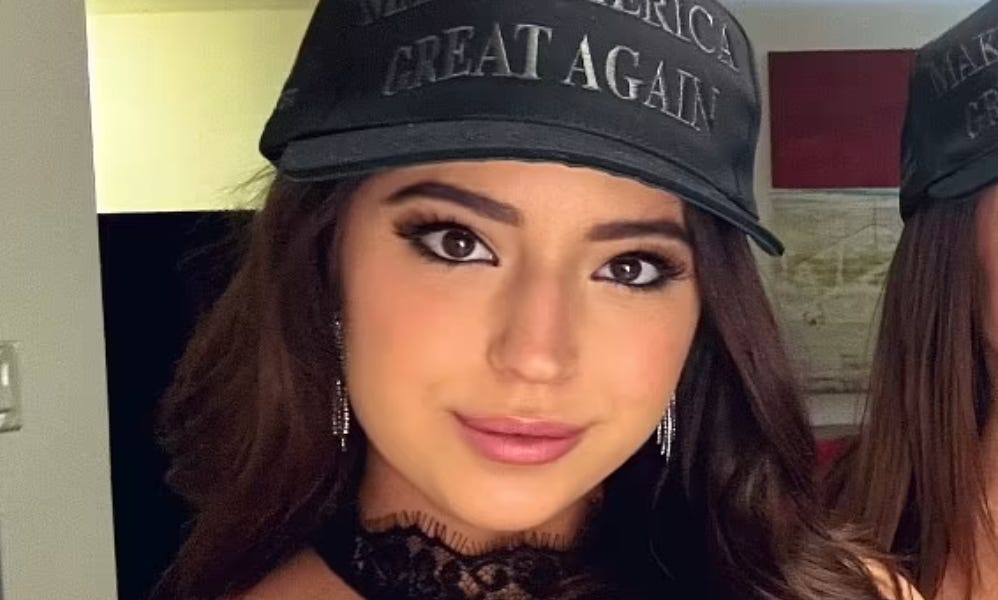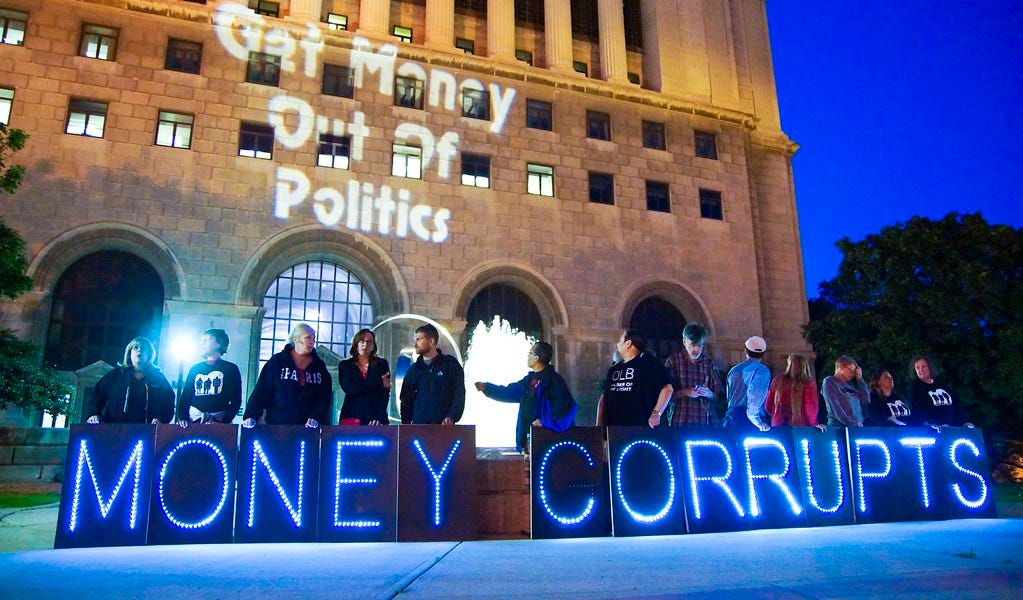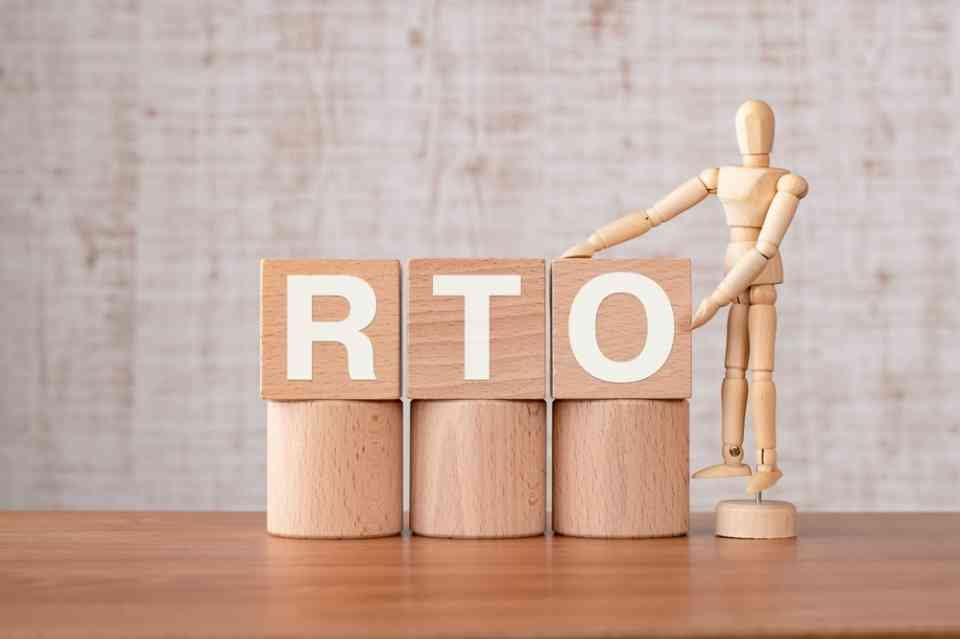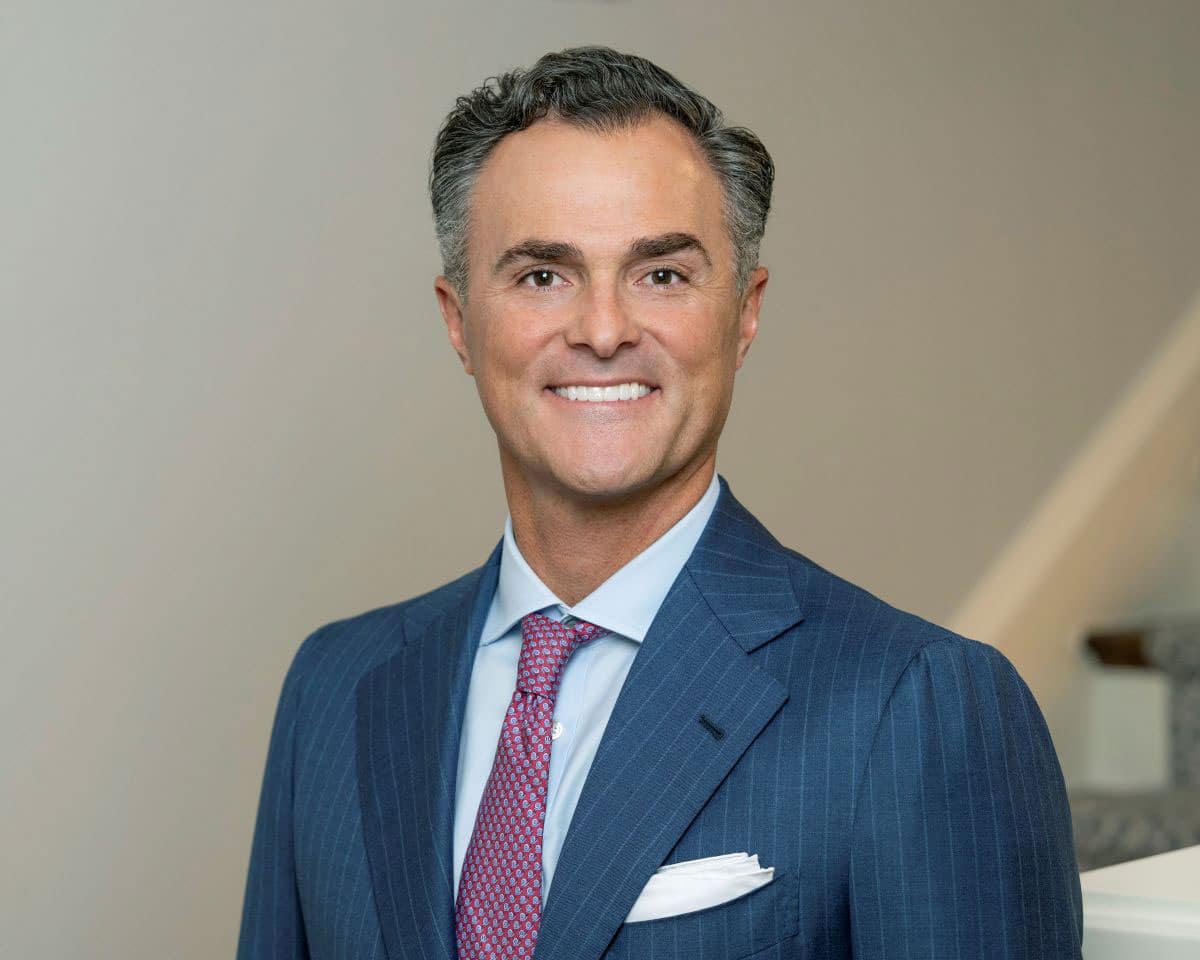In the last election cycle, Elon Musk spent more than $270 million on getting Donald Trump elected. For him, it was money well spent, because he is now $170 billion richer, is able to act as shadow president, and has been raking in huge amounts of money in government contracts. for his various businesses.
Given that the average wealth of folks in the top 1 percent of the country is about $35.5 million, he’s just about one of the only people in the country who could afford to buy that much power and influence. But he really shouldn’t be able to.
Unfortunately, ever since the Supreme Court’s 2010 decision in Citizens United vs. FEC, this has been allowed. Rather than being limited to the $3,300 cap on individual donations to federal candidates, corporations and billionaires like Musk are able to fund super PACS as much as they like. It’s almost as if that cap doesn’t even matter! Because of how it doesn’t.
Thankfully, Democrats in the House are (once again) trying to get rid of that terrible decision, through the We The People Amendment, which would clarify that “the rights protected and extended by the Constitution are the rights of natural persons only,” and that “artificial entities, such as corporations, shall have no rights under the Constitution and are subject to regulation.”
“Corporations are not people and money is not speech,” said Rep. Pramila Jayapal, who introduced the We The People Amendment in the House. “In every election cycle since the disastrous Citizens United decision, we have seen more and more special interest dark money poured into campaigns across the country — this year, with a billionaire paying millions to buy a seat as Shadow President. My We the People Amendment hands power back to the people by finally ending corporate constitutional rights, reversing Citizens United, and ensuring that our democracy is truly of the people, by the people, and for the people — not corporations.”
The bill is cosponsored by Alma Adams (NC-12), Shontel Brown (OH-11), Salud Carbajal (CA-24), Joaquin Castro (TX-20), Judy Chu (CA-28), Yvette Clarke (NY-9), Rosa L. DeLauro (CT-3), Lloyd Doggett (TX-37), Maxwell Frost (FL-10), Raúl M. Grijalva (AZ-7), Henry C. “Hank” Johnson, Jr. (GA-4), Ro Khanna (CA-17), Summer Lee (PA-12), Seth Magaziner (RI-2), Betty McCollum (MN-4), Seth Moulton (MA-6), Jerrold Nadler (NY-12), Eleanor Holmes Norton (DC-AL), Alexandria Ocasio-Cortez (NY-14), Jimmy Panetta (CA-19), Scott Peters (CA-50), Delia Ramirez (IL-3), Andrea Salinas (OR-6), Rashida Tlaib (MI-12), Paul Tonko (NY-20), Juan Vargas (CA-52), Nydia M. Velázquez (NY-7), and Nikema Williams (GA-5).
It’s not the first time Jayapal has attempted to pass a bill ending Citizens United, but it seems even more urgent today, given all of the Musk nonsense.
There are reasons there are caps on campaign donations. It’s to prevent people from being able to buy influence the way Elon Musk has done. It’s to ensure that the rich don’t have far more say in our elections than the poor. Personally I’d like to see donations eliminated entirely in favor of publicly funded elections, which would also have the effect of making it easier for people who are not ridiculously wealthy themselves to run for office.
But that would just make way too much sense.
This is something the vast, vast majority of Americans, including Republicans, want. One poll found that 83 percent of Americans supported another bill that would have ended Citizens United, and another found that 88 percent disapproved of Citizens United — including 66 percent of Republicans.
And yet, not a single Republican is cosponsoring. Shocking! Democrats don’t have the votes to get this passed by themselves, but even just introducing it (and introducing it over and over and over again) is important and helpful, because it lets Americans know who is on their side and who isn’t.
PREVIOUSLY ON WONKETTE!

























































![Assessing the Winners of the Super Bowl Ad Blitz [Infographic] Assessing the Winners of the Super Bowl Ad Blitz [Infographic]](https://imgproxy.divecdn.com/kzzGkWf5O2q5NPX8no-8ErGd5bFiXZjPZlEp8PIZVsw/g:ce/rs:fit:770:435/Z3M6Ly9kaXZlc2l0ZS1zdG9yYWdlL2RpdmVpbWFnZS9zZW1ydXNoX3N1cGVyX2Jvd2xfMjAyNTIucG5n.webp)












